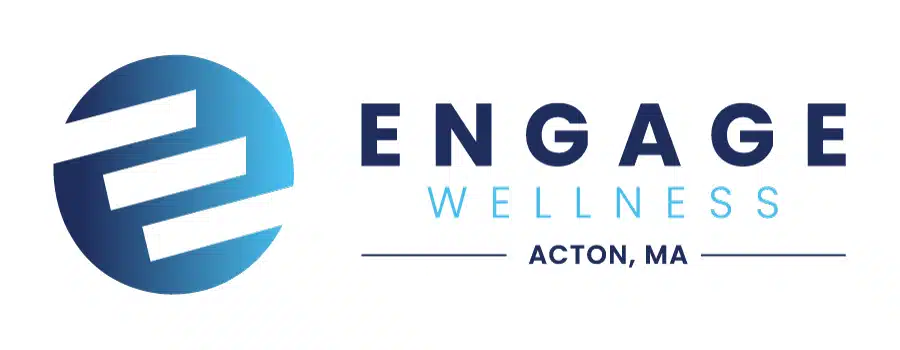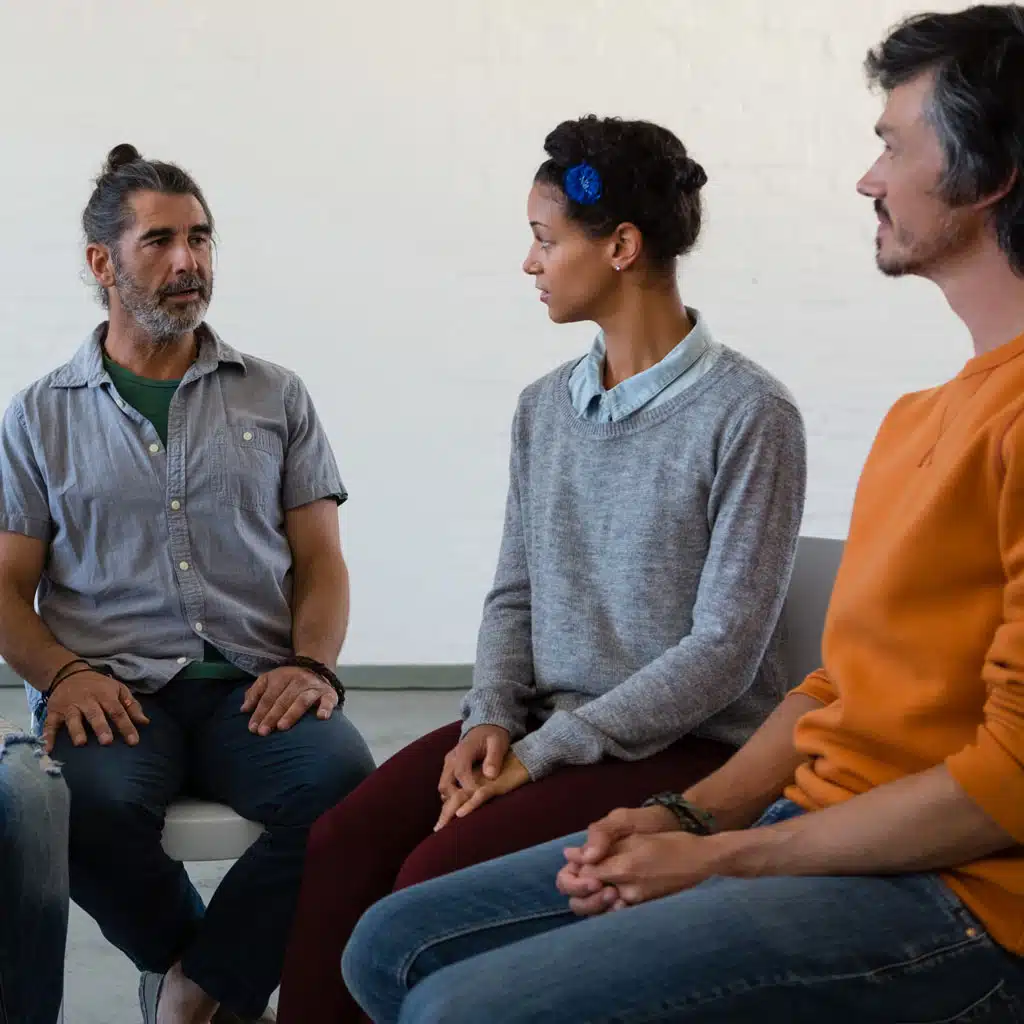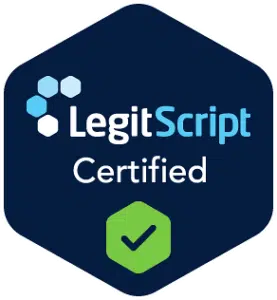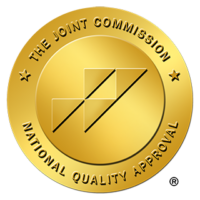Resources for People in Recovery
and their Loved Ones
Emergency Information
to Save in Your Phone
Tapping into Your Community Resources
Recovery thrives through connection and community support. The journey toward healing becomes more manageable when you build a strong network of support around you. Here are the most effective ways to engage with your community and create lasting connections:
01
Join recovery-focused groups
Local support groups provide a space to share experiences and learn from others walking similar paths. Many communities offer specialized groups for specific substances or circumstances.
02
Attend community events
Local health fairs, recovery celebrations, and wellness workshops offer opportunities to meet others committed to healthy living while learning about available resources.
03
Connect with peer support specialists
These trained professionals have lived experience with recovery and can help navigate treatment options and community services.
04
Explore faith-based organizations
Many religious and spiritual communities offer recovery support programs, counseling services, and compassionate fellowship.
05
Volunteer with advocacy organizations
Contributing to substance use prevention efforts helps build purpose while expanding your support network.
06
Participate in family support programs
Programs designed for loved ones provide education, coping strategies, and connections with others sharing similar experiences.
07
Engage with recovery community organizations
These grassroots organizations often host sober social events, provide recovery coaching, and offer practical support services.
08
Use technology wisely
Online support groups and recovery apps can supplement in-person connections, especially when traditional services are less accessible.
09
Build relationships with treatment alumni
Many treatment centers offer alumni programs that provide ongoing support and community connection.
10
Access local health departments
Public health agencies often coordinate support services and can connect you with nearby treatment options and community resources.
Remember that building community takes time. Start with one or two connections and gradually expand your network as you feel comfortable. The stronger your support system becomes, the more resources you’ll have available during challenging moments.
Types of Addiction Treatment
Comprehensive treatment programs adapt to your specific needs and circumstances.[1] Each level of care provides structured support while offering the flexibility needed for sustainable recovery.
Day Treatment (PHP)
Our most intensive level of care provides full-time support six days each week. The program includes multiple hours of daily group therapy, individual counseling, and medical oversight. This structured environment helps build a strong foundation for long-term recovery through evidence-based therapies and continuous care.
Veterans Recovery Track
This specialized program addresses military personnel’s unique challenges. Treatment focuses on managing co-occurring conditions like PTSD and trauma alongside substance use disorders. The program provides targeted support within a community that understands military culture and experiences.
What Happens After I Contact a Treatment Center?
The admissions process to get started with treatment at a recovery center typically begins with a phone call with a specialist. This first conversation is used to determine if admission into one of the available levels of care is a good fit for your individual needs. The admissions counselor will ask about your mental health, medical history, and substance use history. This is also when they will obtain your insurance information. If insurance coverage isn’t available, other payment options will be discussed.
If it is determined that the treatment center is able to meet your needs, some facilities may arrange for a more in-depth assessment to take place to determine the best therapies and services for your situation. A quality treatment center uses your information to guide the care plan created for you. Once the assessment is complete and a care plan is put in place, a date and time will be provided for you to arrive for your first day.
Your first day at a treatment facility will begin with your check-in and intake. You’ll sign some paperwork, confirm your insurance or other payment plans, take a tour of the facility, and likely undergo a drug screening. You will also meet the care team that will be helping you throughout the coming weeks or months of treatment.
Should You Seek Treatment? Questions to Ask
It can be challenging to know when it is time to seek treatment for substance use or co-occurring mental health challenges. Below are some questions to ask yourself that may help you determine when treatment is the best course of action for yourself or a loved one. If you answered yes to one or more of the following, contact us for a more thorough evaluation.




What To Expect From Our Local Treatment Guides
Our comprehensive treatment guides help you navigate recovery resources across our local communities. Each guide provides detailed information about your area’s local support services, treatment options, and community organizations.




